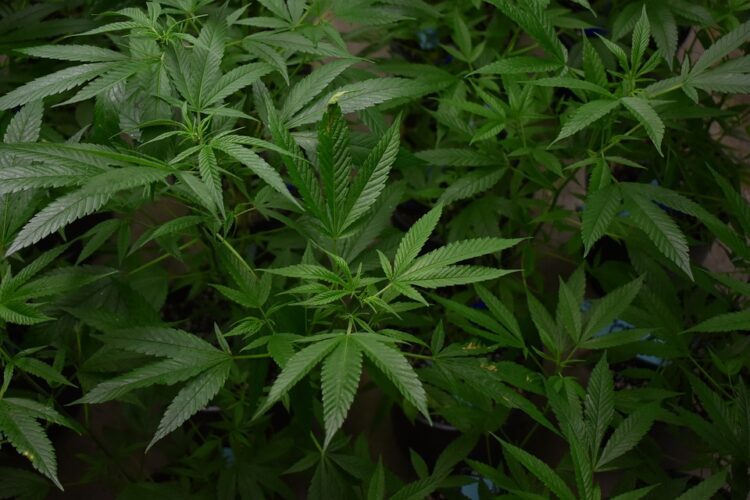The relationship between cannabis consumption and psychological well-being has been a subject of scrutiny for many years, with the details of this connection still under investigation. Various studies present contrasting results, with some indicating cannabis can bolster psychological well-being, while others signal a potential detriment. This article seeks to examine the current research regarding the relationship between cannabis consumption and psychological well-being, along with the possible repercussions for cannabis users.
The Impact of Cannabis on Psychological Well-being
The influence of cannabis on psychological health is intricate and yet to be fully comprehended. Certain studies propose that cannabis consumption can positively impact psychological health by lessening anxiety and depression. Conversely, other research indicates that cannabis could potentially worsen psychological health, augmenting the risk of conditions like psychosis or schizophrenia.
For instance, some research suggests that cannabis may help alleviate anxiety and depression. Certain studies have found that cannabis can reduce depressive symptoms and improve mood in some individuals. However, other studies indicate that cannabis use, especially frequent or high-potency use, can exacerbate mental health issues, increasing the risk of conditions like psychosis, schizophrenia, and mood disorders.
Genetic predispositions can significantly influence how cannabis affects psychological health. Research has revealed that individuals with specific genetic variations may be more susceptible to adverse psychological effects after consuming cannabis. For instance, individuals carrying a particular variation of the AKT1 gene might be more prone to psychosis post-cannabis consumption.
The frequency and volume of cannabis consumed could also be influential. Research shows that those who consume cannabis more often and in larger quantities may be more susceptible to adverse consequences. Heavy and frequent use has been linked to higher risks of negative outcomes, including increased chances of developing depression and anxiety disorders. Adolescents and young adults are particularly vulnerable, with studies showing a correlation between early, heavy use and later-life mental health issues.
Age could be a crucial factor in determining how cannabis impacts psychological health. Research suggests that early cannabis users may be more prone to adverse outcomes. This could be because the brain is still maturing during adolescence, and cannabis consumption might disrupt this development process. Studies show that cannabis use at a young age can be a significant predictor of depression and other mental health issues in adulthood.
Additional variables can also influence how cannabis affects psychological health. For instance, individuals with a family history of psychological disorders or a history of substance abuse may be more susceptible to adverse effects following cannabis consumption. The interplay between cannabis use and these factors can exacerbate the potential risks and adverse outcomes.
Conclusion
The relationship between cannabis consumption and psychological health is intricate and yet to be fully comprehended. While some studies propose that cannabis can bolster psychological health, others suggest possible harm. Genetic factors, consumption frequency and volume, age, and other variables can all influence how cannabis impacts psychological health. It is crucial for cannabis users to be aware of potential risks and to seek medical advice if they have any concerns.









